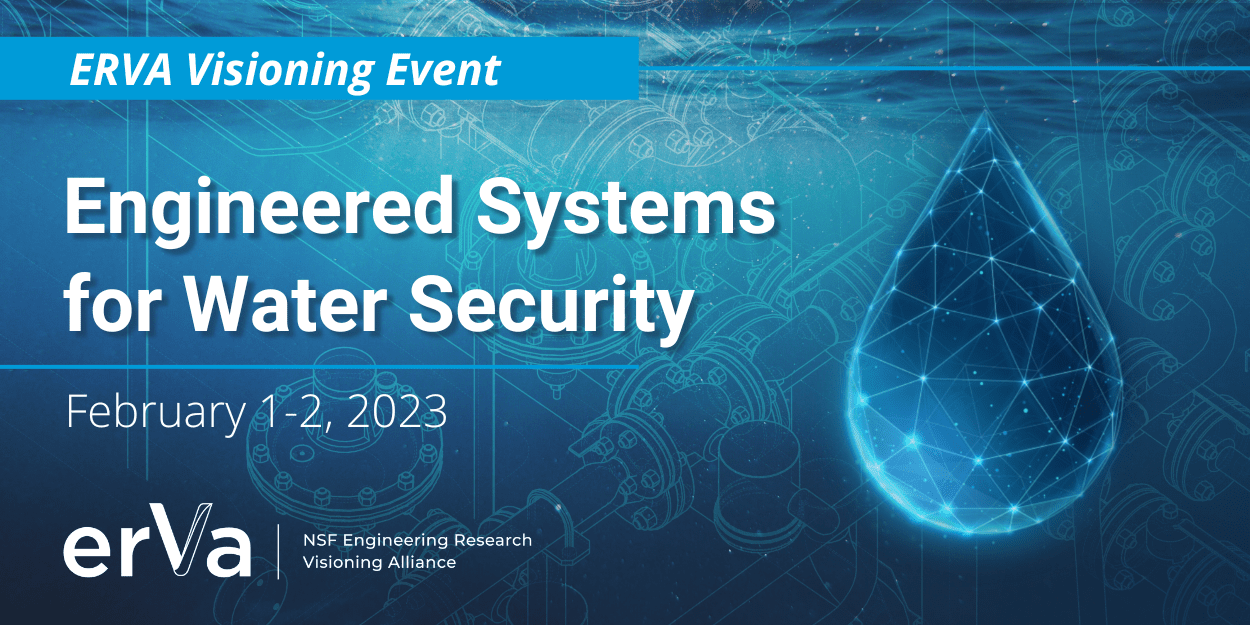Stacy Lewis Hutchinson
Kansas State University

Transforming current silos into an integrated water system of systems paradigm will require a concerted effort from many different sectors, including government, industry, academia, and civil society. Engineers will be integral to the design and implementation of the technical solutions that will support the integration and interoperability of different water management systems.
In addition to these technical challenges, there will also be a need for engineers to work closely with other stakeholders to understand their needs and priorities, and to help facilitate the integration of social, ecological, and technological systems.
During the first day of the event, we will generate a comprehensive understanding of the water challenges society faces. Considering the United Nations water security definition, “the capacity of a population to safeguard sustainable access to adequate quantities of acceptable quality water for sustaining livelihoods, human well-being, and socio-economic development, for ensuring protection against water-borne pollution and water-related disasters, and for preserving ecosystems in a climate of peace and political stability”, what grand challenges in global water security may we expect and/or continue to face as we move towards the end of the 21st Century?
During the second day of the event, we will focus on transformative engineering solutions to address these challenges. What transformative advancements in engineering research are needed to tackle the end-of-the-century water security challenges?